How To Get To The Point When Speaking

Imagine you're at a bustling networking event, surrounded by professionals eager to connect. You strike up a conversation, but after a few minutes, you notice your listener's eyes glazing over. Are you rambling? Losing their attention? In a world where time is precious, the ability to communicate succinctly is more vital than ever.
The key to effective communication lies in mastering the art of getting straight to the point. This isn't just about saving time; it's about ensuring your message is heard, understood, and acted upon. Learning to be concise allows you to convey information clearly, build stronger relationships, and leave a lasting impression in both personal and professional settings.
Why We Struggle with Conciseness
Many of us struggle with getting to the point because of a few common pitfalls. One primary reason is the fear of leaving out crucial details. We often believe that more information equates to better understanding, when in reality, it can lead to confusion and disengagement.
Another culprit is simply not preparing adequately. Without a clear outline or understanding of the main message, we tend to meander, adding unnecessary information and losing sight of the core idea. Emotional factors, such as anxiety or the desire to impress, can also lead to verbose and unfocused communication.
Practical Strategies for Clarity
Fortunately, becoming a more concise speaker is a skill that can be developed with practice and intention. Start by identifying your main message before you begin speaking. Asking yourself, "What is the one thing I want my listener to remember?" helps distill your thoughts into a focused statement.
Create a simple outline to structure your thoughts. A basic structure could include an introduction stating your purpose, two or three supporting points, and a concise conclusion summarizing your main idea. Eliminate unnecessary words and phrases. Phrases like "in my opinion" or "basically" often add little value and can be removed without altering the meaning.
Actively listen to yourself while you speak. Pay attention to when you start to deviate from your main point and gently guide yourself back. Asking for feedback from trusted colleagues or friends can provide valuable insights into your communication style.
The Power of 'Elevator Pitch'
One helpful exercise is crafting an "elevator pitch" - a short, persuasive summary of yourself, your business, or your idea that can be delivered in the time it takes to ride an elevator. This forces you to distill your message to its absolute essence, highlighting the most important information in a compelling manner.
Practice the elevator pitch regularly, and you'll find that it improves your ability to communicate concisely in other situations as well. Focus on the benefits for the listener rather than just listing features or accomplishments. Frame your message around what the other person will gain by listening or engaging with you.
Another important aspect is to know your audience. Tailoring your message to their level of understanding and interests ensures that your communication resonates with them. Avoid using jargon or technical terms that they might not understand, and focus on using language that is clear, direct, and relatable.
Impact on Relationships and Success
Being concise isn't just about speaking less; it's about speaking more effectively. Clear communication builds trust and credibility. When you're able to convey your thoughts succinctly, you demonstrate respect for your listener's time and intelligence.
In professional settings, conciseness can lead to increased productivity, improved teamwork, and greater influence. Leaders who are able to communicate their vision clearly and concisely are more likely to inspire and motivate their teams. In personal relationships, clear communication fosters understanding, strengthens bonds, and reduces misunderstandings.
As Eleanor Roosevelt once said, "It takes as much energy to wish as it does to plan." This sentiment holds true for communication. Investing the time to prepare and practice concise communication will pay dividends in all areas of your life.
Ultimately, learning to get to the point is about respecting yourself and others. It's about valuing your time and theirs, and ensuring that your message is not only heard but also understood and remembered. So, next time you're in a conversation, take a moment to pause, clarify your thoughts, and speak with intention. You might be surprised at the positive impact it has.
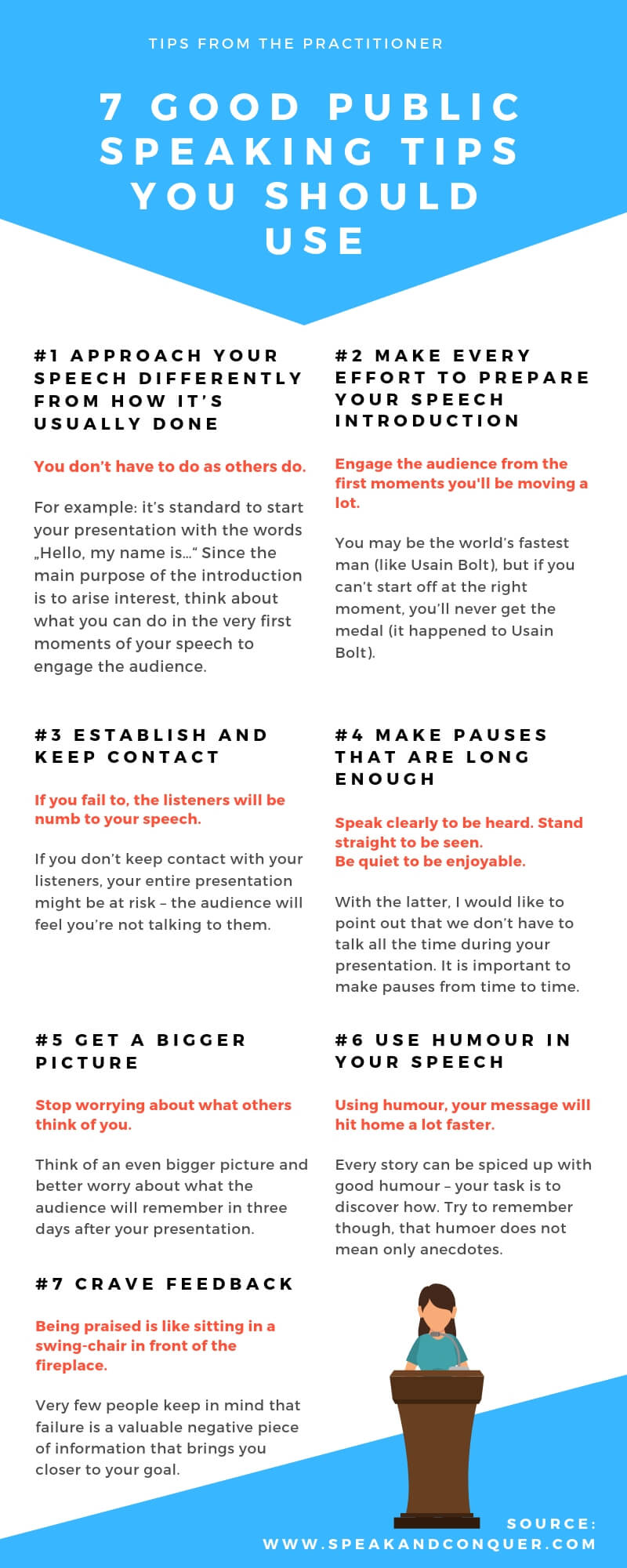

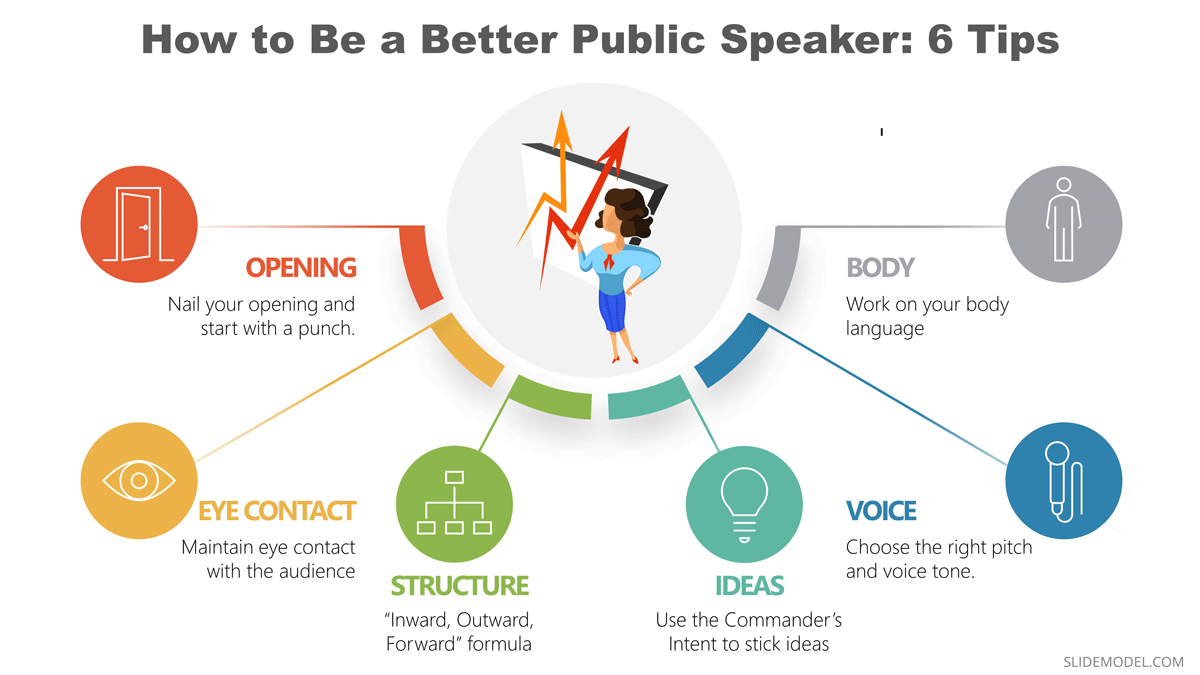

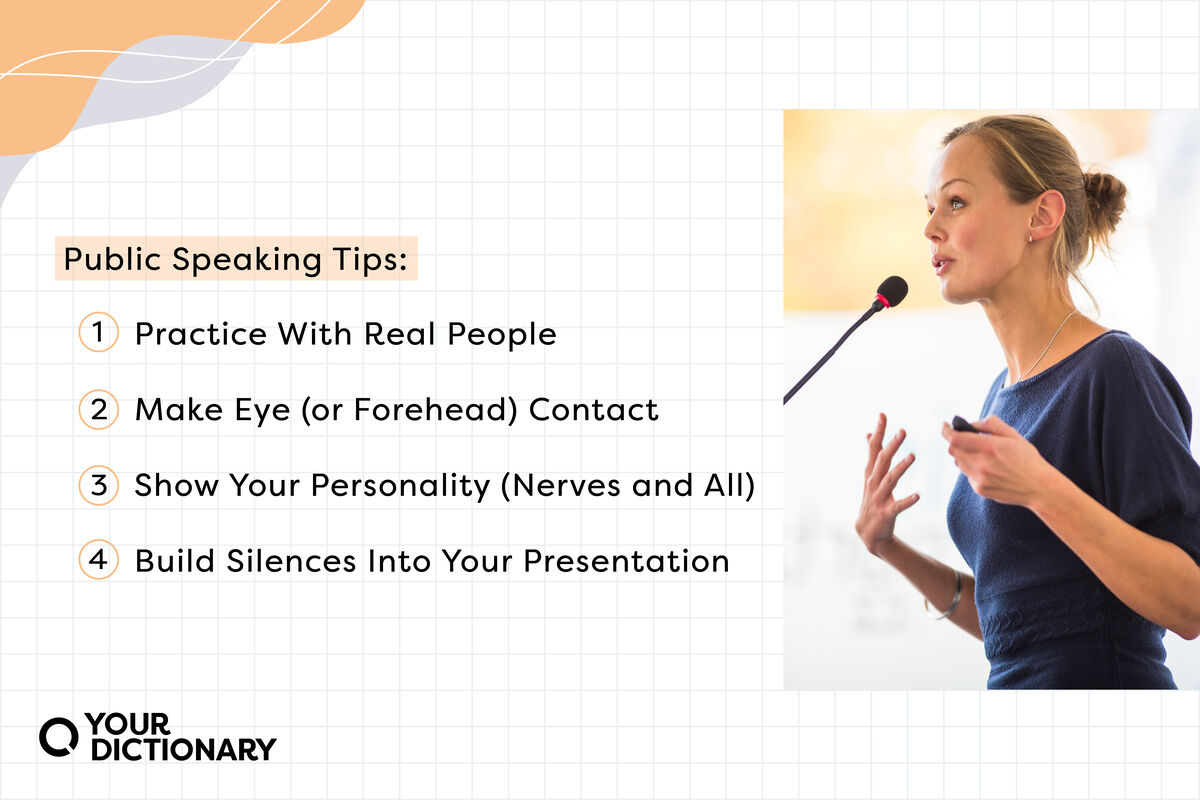

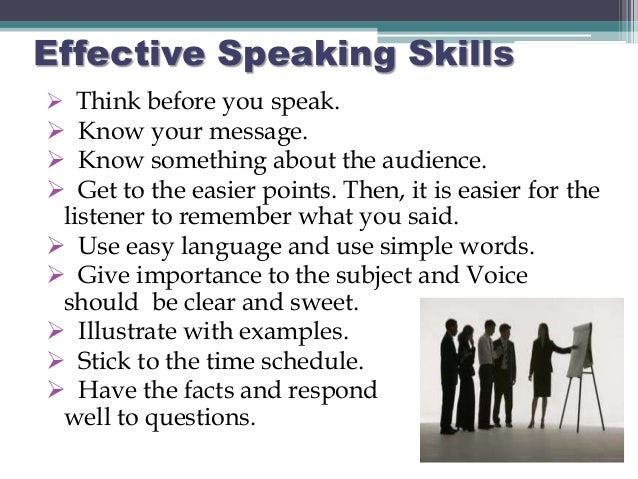
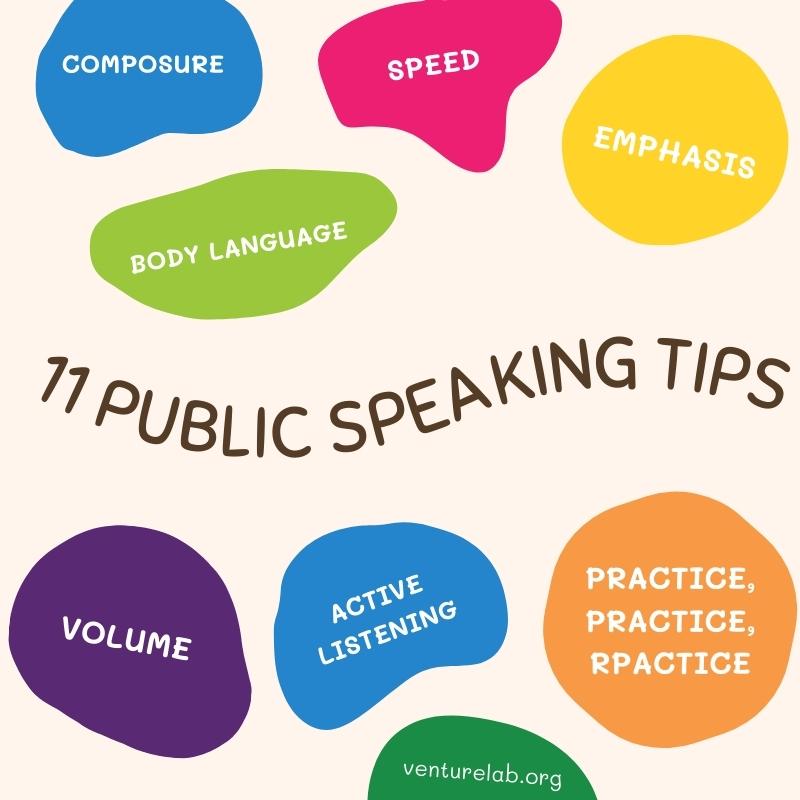
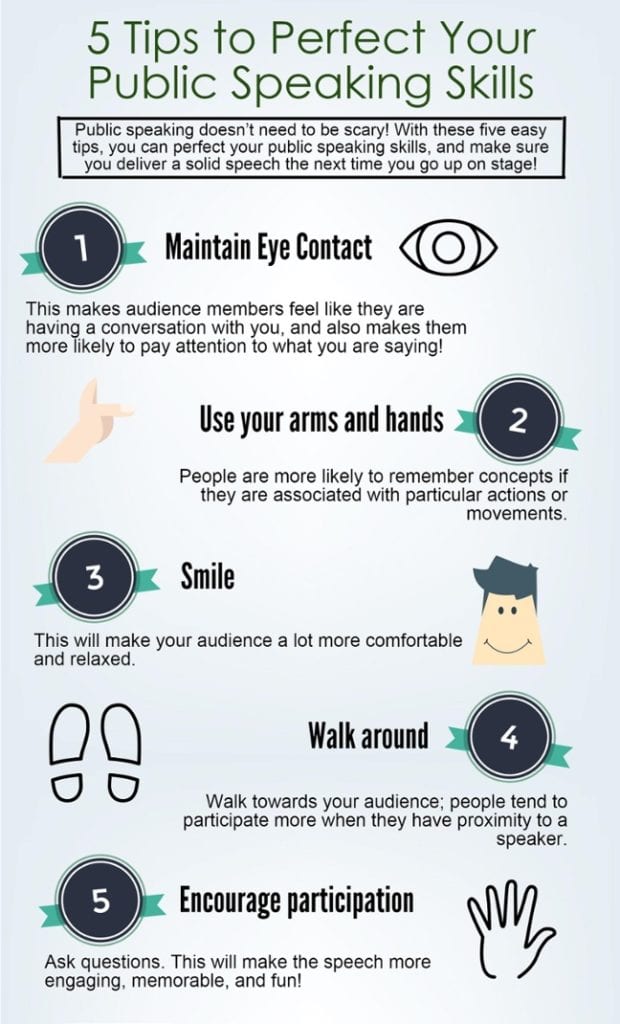
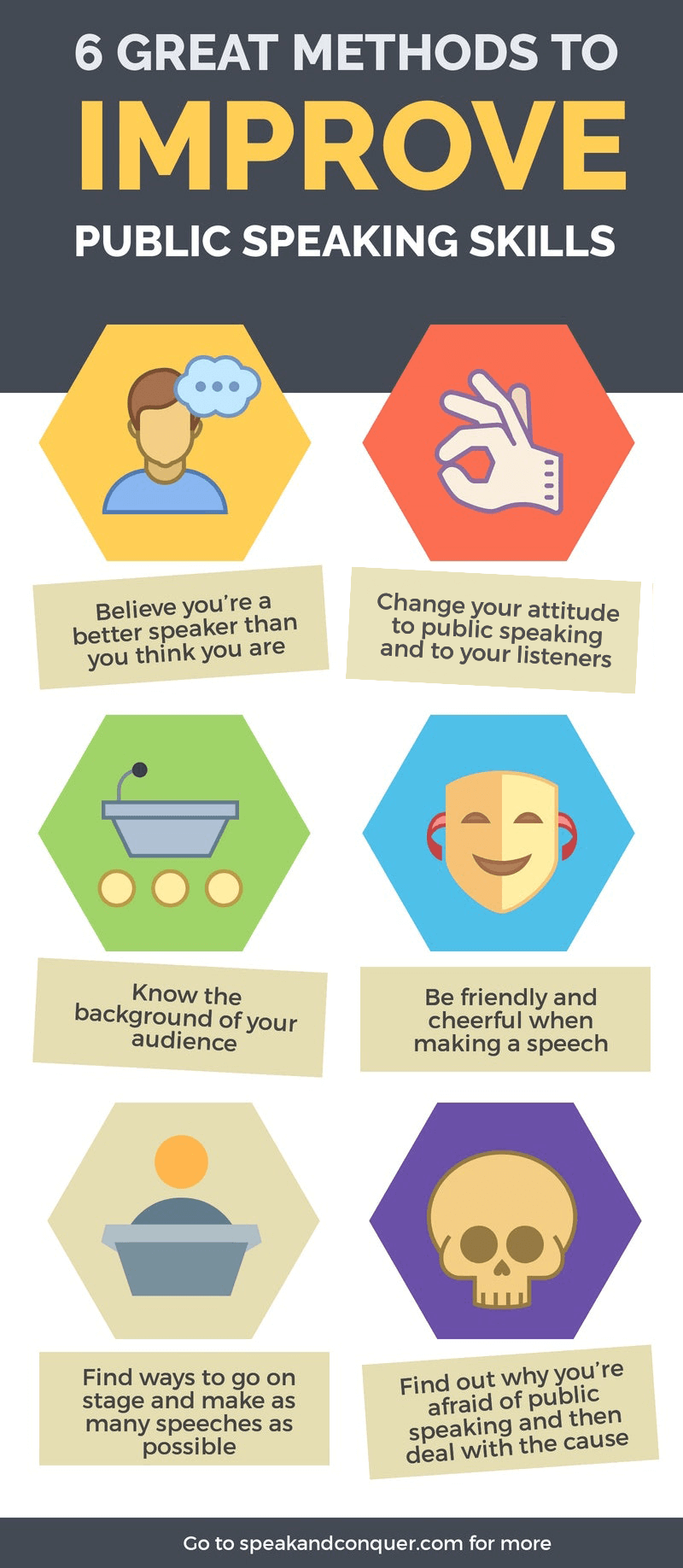





![How To Get To The Point When Speaking [30-second English] Lesson 25: Inviting to speak+Coming to the point+](https://i.ytimg.com/vi/8XGm__uikR0/maxresdefault.jpg)


